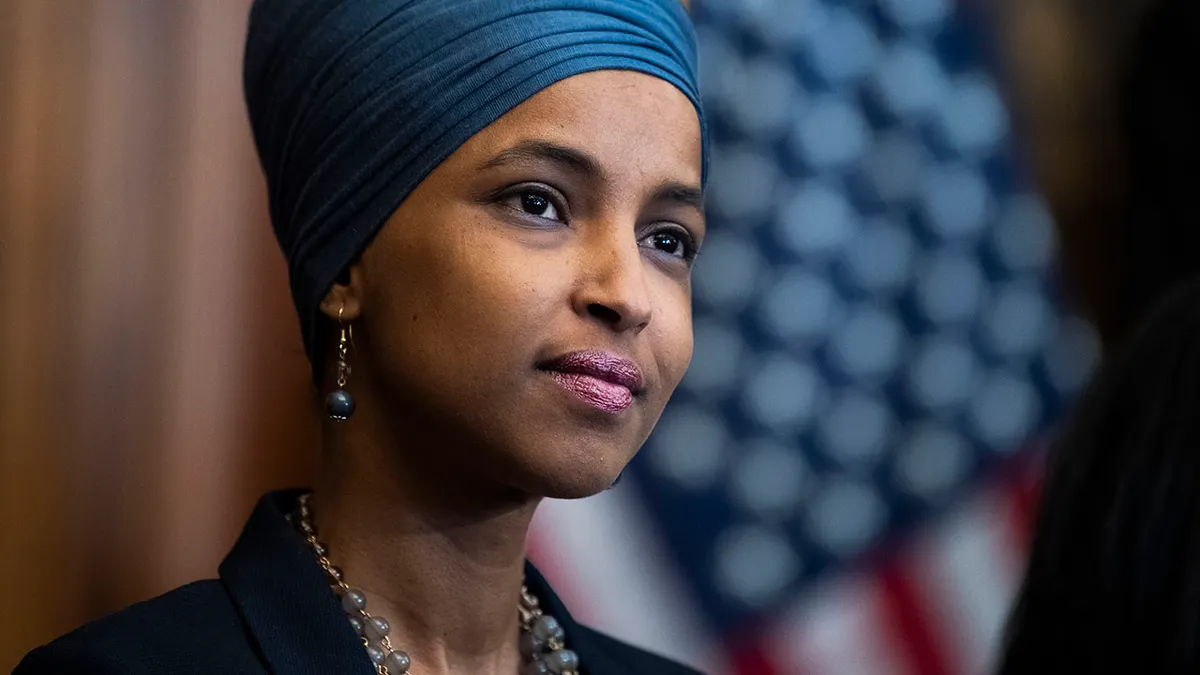Welcome to yougotdoge.com
The evolving landscape of the Democratic Party has sparked intense debate and concern among many, reflecting a growing discontent that reaches beyond conservatives. Over the past few years, the party has shifted leftward, embracing progressive policies that many, including former Democrats, now view as radical. This transformation has raised questions about the party’s identity and direction, leading to a divide that has prompted many to identify as independents or align more closely with Republican values. Some former Democrats may even conceal their shift, fearing backlash from those who remain loyal to the party.
Critics argue that this shift has alienated moderate voters and undermined the core values of the party. The nomination of candidates who espouse views perceived as anti-American or contrary to traditional values has fueled fears about the party’s commitment to the United States. Many point to the influx of progressive politicians advocating for policies that challenge law enforcement, border security, and economic stability as evidence of a radical agenda.
In cities like New York, the election of leaders with backgrounds and beliefs that some view as contrary to American values has intensified these concerns. Critics argue that such leaders prioritize identity politics over the needs of their constituents, resulting in policies that may harm the very citizens they are meant to serve.
The question remains: Can the Democratic Party reclaim its identity from the progressive left? Some argue that there are still voices within the party advocating for more moderate policies. However, the influence of radical elements makes it challenging for moderates to gain traction. The party faces an uphill battle to redefine itself and appeal to a broader base without alienating its progressive supporters.
As the political landscape continues to evolve, the future of the Democratic Party hangs in the balance. It remains to be seen whether there are enough leaders willing to stand up against the tide of radicalism and steer the party back to a more centrist path. The coming elections will be pivotal in determining the direction of the party and its ability to address the concerns of all Americans.
This ongoing struggle highlights the importance of open dialogue and the need for both parties to listen to their constituents. Ultimately, the fate of the Democratic Party—and, by extension, the nation—may depend on the courage of its leaders to confront radical elements and prioritize the values that unite rather than divide.





